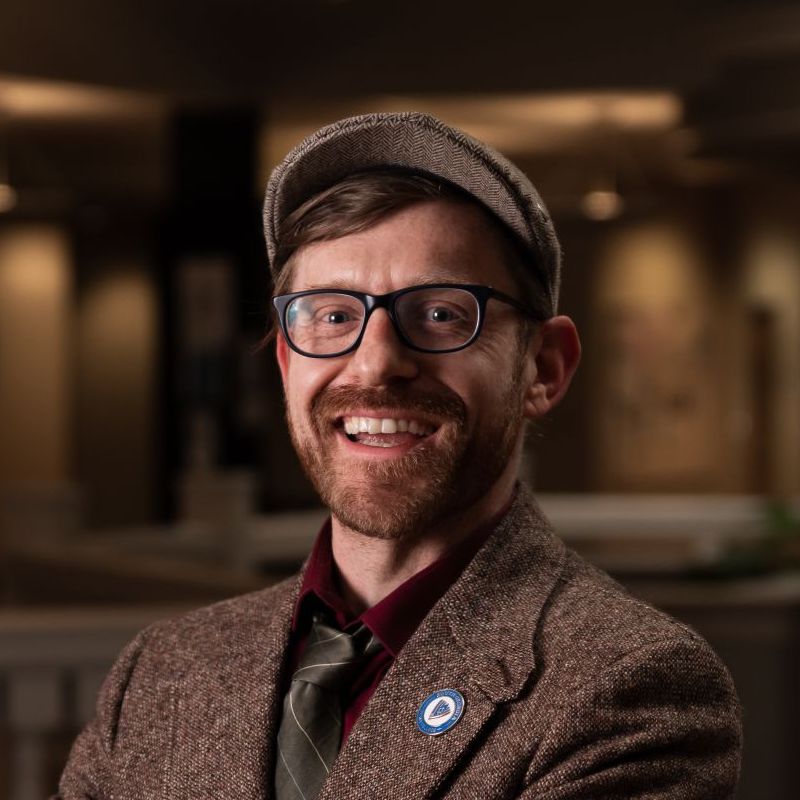Quicklinks
Faculty Spotlight
Dr. Carl Ide, Instructor of Sociology
SGSC-Waycross Campus

Dr. Carl Ide, originally from south Mississippi, has been with SGSC since Fall of 2019. His sociological research, teaching, and public engagement seeks to empower students and communities to become increasingly reflexive about their experiences and views. Dr. Ide believes that sociology can encourage personal and community self-understanding, empathy, and active engagement in the world.
While an undergraduate at the University of Southern Mississippi, Dr. Ide struggled to understand how injustices and inequalities continued to shape social life. He became a sociology major after reading The Sociological Imagination (Mills 1959) and recognizing sociology’s potential to a light beneath the surface of inadequate “common sense” explanations.
Dr. Ide has taught courses including the sociology of families, the sociology of drugs, gender, and race and has collaborated with colleagues in teaching sociological research methods. However, he enjoys teaching survey courses (i.e. Introduction to Sociology, Social Problems) where he encourages students to draw connections between self and society across a wide range of institutions and social identities. He believes that sociological education can help students develop their own voice in conversation with social science theory and research, to engage with the crucial discussions and issues of society.
Dr. Ide has a wide variety of academic interests, including inequalities, families, social identity theory, social movements, and education. In his research, he has investigated social movement participation with migrant farmworkers (The University of Southern Mississippi), graduate student labor unions (The University of Kentucky), and the family dimensions of unequal college experiences (University of Massachusetts). His most recent research investigates student talk of receiving money – or not – from family during college and also how parents matter in encouraging traditionally-aged college students to see themselves as adults.
